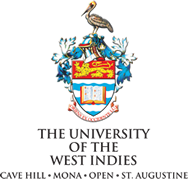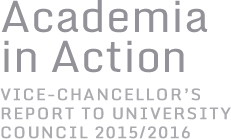In one example, the CFSE has received funding from the Caribbean Development Bank (CDB) amounting to US$140,000 to establish a training programme for artisan chocolate manufacturers in the Caribbean. The project has developed a postgraduate training programme for persons currently involved in, or wishing to enter the chocolate industry.
In the past year, the CFSE engaged in several projects, including:
- advancing a physical development plan for a well-designed, environmentally
friendly, state-of-the-art science/agri-business park;
- implementing a R&D programme in support of the West Indies Sea Island
Cotton industry in the Caribbean in partnership with the Ministry of Agriculture, Barbados, to introduce a stock of pedigree seeds to arrest the deterioration of the West Indies Sea Island Cotton produced in Barbados;
- partnering with the Government of St. Vincent and the Grenadines to rehabilitate the arrowroot industry, which is in drastic decline;
- launching the Caribbean Sail Cargo Initiative designed to supply Caribbean agricultural produce to areas of demand within the CARICOM region;
- conceptualizing the use of a "green label" to identify agricultural produce not associated with the use of fossil fuels to create niche market opportunities for farmers in the same way the “organic label” is used in the marketing of primary and value-added agricultural produce;
- the development of an "app" which will integrate market information from producers, retailers and Caribbean Sail Cargo Initiative shippers;
- implementing a R&D programme in support of the medicinal herb sector in the Caribbean with investor-partner, Eden Herbs Inc.;
- assisting St. Vincent and the Grenadines in the development of a new economic sector based on marine bio-prospection, to upgrade the value of marine biodiversity to make it attractive for investment;
- implementing a programme of support for the Blackbelly Sheep industry in Barbados and the establishment of a leather industry based on the Barbados Blackbelly Sheep, with investor-partner, local company, Island Leathers Inc.;
- and the launch of a programme to support the farming sector in Barbados utilizing farm plots located at the Dukes Project site.
With initiatives like these, The UWI aims to empower a new generation of entrepreneurs to create goods and services developed from local resources; securing long-term sustainable food production and agri-business in the region.



 Leather products made from Barbados Blackbelly Sheep.
Leather products made from Barbados Blackbelly Sheep.


